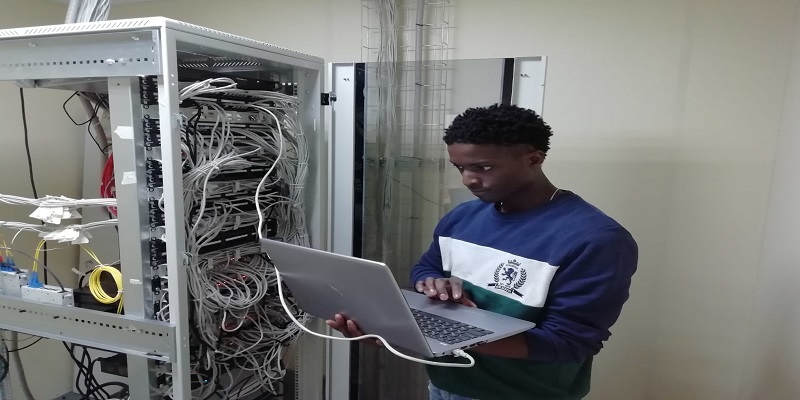A virtual private server (VPS) is a virtualized instance of a physical server that is sold as a hosted service by an Internet server provider. Although VPSs can be used for a variety of reasons, there are two common reasons that businesses choose to use them today. Virtual private servers have many advantages over physical dedicated servers. Virtual private servers do not share a single physical server, instead, they each have their own operating system and can use any software tools that are available for the OS that they are running. Also, in a VPS, each user will have their own portion of the server, which means that if one user abuses the security of the server, the other users can make use of the resources of that host without worrying about having their data stolen. But what is the difference between VPS and a virtual private server?
Virtual private servers differ from VPS in that they are not made entirely from one piece of hardware. Instead, virtualization software tools are used to maintain the server, along with several different levels of virtualization isolation. Virtual dedicated server functions in a fully virtualized environment, however, some CPU cores may be exclusive to it, and this is not the case with VPS hosting.
Another difference between VPS and virtual servers is that virtual private servers use much more memory than a traditional dedicated machine. In some cases, you may be able to get away with only using a fraction of the RAM that a normal dedicated machine would use, as you are not paying for the physical memory that you do not have. However, for most companies, virtual servers will require at least 4GB of RAM. If you are not going to be running any heavy workloads then this amount should not be an issue. On the other hand, if your company is running extremely heavy applications or you are starting to experience excessive server crashes, you may want to seriously consider spending the money to purchase and use a more expensive dedicated data center.

One of the most unique features of virtual private servers is the fact that many of them use what is called an “open source” operating system. This means that this type of software will be widely available to the public, meaning that almost everyone can take advantage of it. Some of the popular open-source operating systems that are used for virtual server hosting include Fedora, OpenBSD, Debian, FreeBSD, and SuSe. These types of operating systems allow you to run nearly anything that you want, including scripts, database applications, and even operating systems themselves!
One feature of many virtual server environments is what is called load balancing. This is the ability to send a request to one particular application and receive an answer from another application on the same server. For example, if you request a file from a particular application, it may be granted or denied. This is commonly used when multiple virtual desktop processes need to share a single file. By using a load-balancing application, multiple virtual desktop environments can be provided the same resources without the need for duplication.
Finally, you may have heard about cloud-based hosting. This is another feature of virtual servers that are often associated with cloud computing. With cloud-based hosting, applications are only stored on servers in the cloud, which allows you to access them from almost anywhere. This type of hosting provides many of the advantages of on-premise computing, but without the high price tag.












